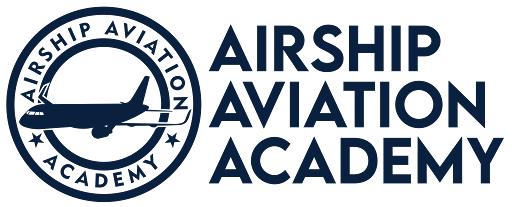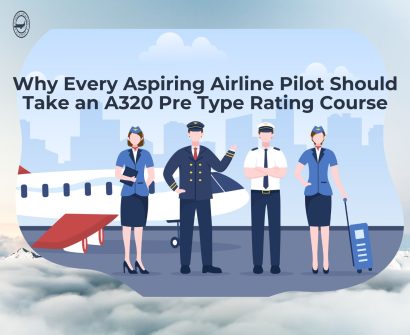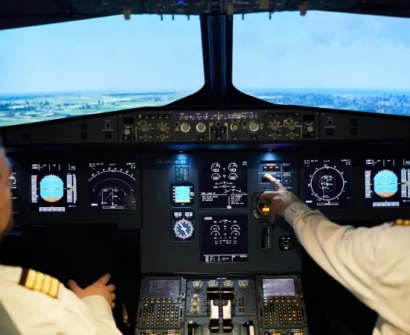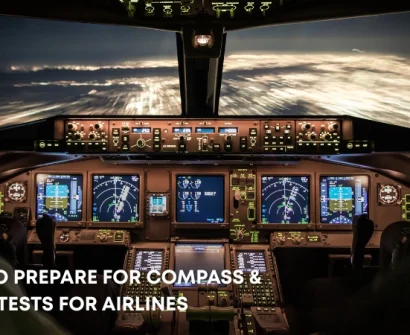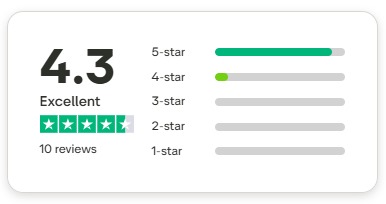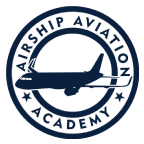Currently Empty: ₹0.00

Suppose you want to become a pilot in India and plan for the future. In that case, the Directorate General of Civil Aviation (DGCA) test is one of the most critical steps. The DGCA exam question paper for CPL is appropriate for safeguarding the safety and efficiency of the operation of aeroplanes. It also examines other related transport categories by guaranteeing that all pilots are fit to fly the aircraft.
These exams lead to the selection of the profession of a pilot, which is highly responsible, and hence, to retain this level of accountability, multiple subjects are proposed in the syllabus. They are made to go through the exams on this subject to get a licence per the candidate’s guidelines. Through this blog, we will learn about the structure and content of the DGCA exam question paper, which will help you master those topics very quickly.The DGCA exam is comprehensive, testing various aspects of aviation knowledge. Proper preparation is key to success. Focus on understanding the principles behind each topic, practice regularly, and stay updated with the latest information. By following these guidelines and thoroughly preparing for each section of the DGCA exam, you’ll be well-equipped to meet the challenges and excel in your pursuit of a Commercial Pilot License.
Also, the Airship Aviation Academy is the one that could help you prepare more effectively. So remember consistent study, using quality materials, and staying informed are your best strategies for success. Till then contact us and safe flying!
Suppose you want to become a pilot in India and plan for the future. In that case, the Directorate General of Civil Aviation (DGCA) test is one of the most critical steps. The DGCA exam question paper for CPL is appropriate for safeguarding the safety and efficiency of the operation of aeroplanes. It also examines other related transport categories by guaranteeing that all pilots are fit to fly the aircraft.
These exams lead to the selection of the profession of a pilot, which is highly responsible, and hence, to retain this level of accountability, multiple subjects are proposed in the syllabus. They are made to go through the exams on this subject to get a licence per the candidate’s guidelines. Through this blog, we will learn about the structure and content of the DGCA exam question paper, which will help you master those topics very quickly.
Understanding the DGCA Exam
Some certificates and licence tests are made of several papers, each related to a particular sphere of aviation knowledge and practice. Student pilots, CPLs, and ATPL candidates primarily undertake these exams. To prevent the above crank claims Licence from being granted to the wrong individuals, the authorities, through rigorous scrutiny that the DGCA undertakes, can ensure that only qualified persons with an adequate understanding of the principles and rules of aviation are licensed. These are some of the set examinations you will be required to sit and pass if you are interested in being given a commercial pilot licence.
Key Sections of the DGCA Exam
There are multiple proposed subjects made mandatory by DGCA to pass by aspiring pilots. The exam question papers for CPL are given to enhance the skills of pilots and give them in-depth knowledge of the aviation sector. Proper knowledge of all the subjects helps the pilot in making the right decision at the desired point in time. So, here are some of the subjects that need to be cleared while appearing for a Commercial Pilot Licence.
Air Navigation
Air Navigation is one of the most critical components of the DGCA exam. This section tests your understanding of how to plan and execute a flight path, taking into account various factors such as weather conditions, airspace restrictions, and the aircraft’s capabilities. Topics typically covered include map reading and chart interpretation, use of navigation aids like VOR, DME, and GPS, calculating headings, bearings, and distances, time, speed, and distance calculations, and understanding of airspace structures and regulations. Also, the study of Air Navigation helps the pilot to ensure that the aircraft is travelling safely from one place to another.
Meteorology
Meteorology is another crucial segment where aspirants are tested on their knowledge of the weather, which brings forth time for flight operations. The few areas that are covered include the basics of airline operations and flight disruptions due to weather, as well as methods of interpreting charts and reports, including METARs, TAFs, etc. Other chapters include pressures, temperatures, humidity, wind, and severe conditions, as well as planning for them.
Air Regulation
The Air Regulation section tests your knowledge of the rules and regulations governing aviation in India and internationally. This is crucial for ensuring that all pilots operate within the legal framework and maintain safety standards. Topics you need to study include Civil Aviation Requirements, rules of the air and air traffic control procedures, licensing requirements and procedures, safety and emergency procedures, and international aviation laws and conventions. The CPL exam questions generally revolve around these topics.
Technical General and Specific
This section is divided into two parts: Technical General, which covers broad aviation technical knowledge, and Technical Specific, which focuses on the specifics of the aircraft you are training to fly. Technical General topics include principles of flight and aerodynamics, aircraft systems, aircraft performance and limitations, and basic aircraft maintenance knowledge. Technical-specific topics cover detailed knowledge of the aircraft type you are training to fly, systems and operational procedures specific to that aircraft, and performance charts and data interpretation.
Radio Telephony
Radio Telephony is essential for communication with air traffic control and other aircraft. This section tests your ability to use radio equipment correctly and communicate effectively under various circumstances. Key areas of focus include standard phraseology and procedures, radio communication protocols, emergency communication procedures, and understanding of communication equipment and its operation.
Tips for DGCA Exam Preparation
- Study Regularly: Consistency is key when preparing for the DGCA exam. Create a study schedule that allows ample time for each subject area. Break down your study material into manageable sections and review them regularly to reinforce your understanding.
- Use Quality Study Materials: Refer to DGCA-approved textbooks and practice papers. Quality study materials provide the correct information and present it in a format similar to the actual exam. Some recommended resources include the DGCA question banks and previous year’s papers.
- Practise Mock Tests: Regularly take mock exams to familiarise yourself with the question format and time constraints. Mock tests help identify your strengths and weaknesses, allowing you to focus your studies on areas that need improvement. Practising mock tests will help you in managing your time effectively over difficult questions.
- Stay Updated: Aviation is a dynamic field with constant updates to regulations, procedures, and technology. Keep yourself updated on any changes by following official DGCA notifications, industry news, and updates from your flight school. This will help the aspirants in clearing the interview round at their ease.
Conclusion
The DGCA exam is comprehensive, testing various aspects of aviation knowledge. Proper preparation is key to success. Focus on understanding the principles behind each topic, practice regularly, and stay updated with the latest information. By following these guidelines and thoroughly preparing for each section of the DGCA exam, you’ll be well-equipped to meet the challenges and excel in your pursuit of a Commercial Pilot License.
Also, the Airship Aviation Academy is the one that could help you prepare more effectively. So remember consistent study, using quality materials, and staying informed are your best strategies for success. Till then contact us and safe flying!
